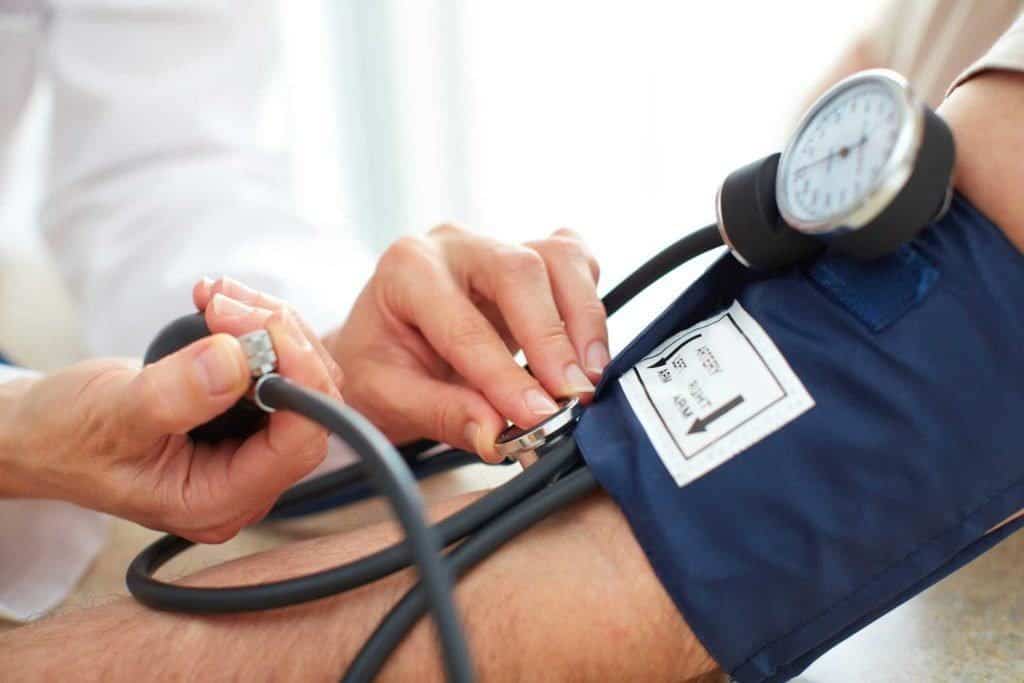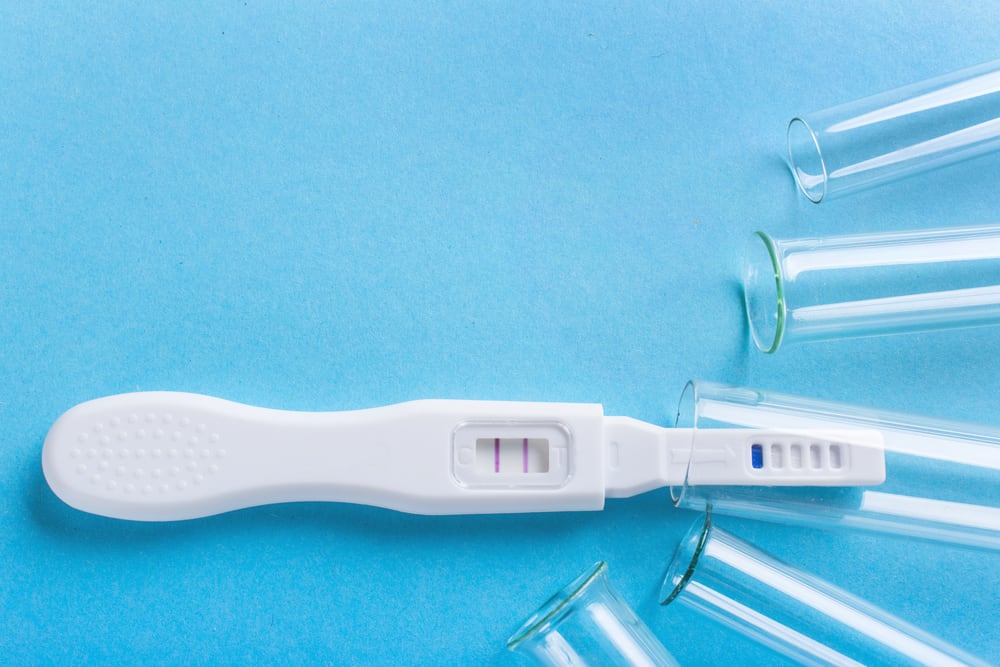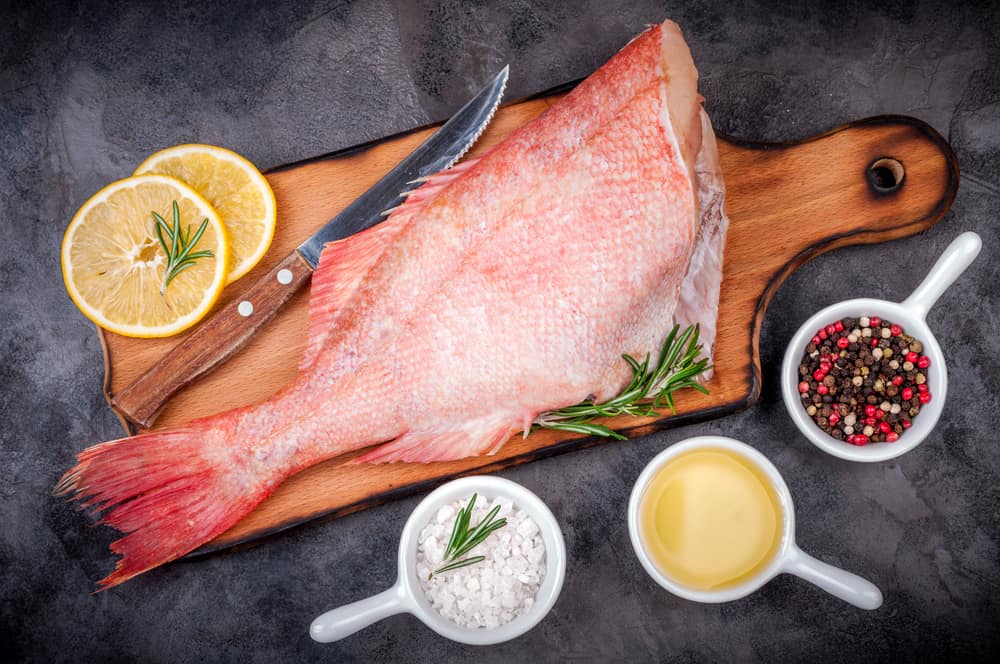Contents:
- Medical Video: High Blood Pressure | Hypertension | Nucleus Health
- Who has the highest risk of hypertension?
- Is there a way to prevent my risk of hypertension?
- 1. Lose weight if you are overweight
- 2. Regular exercise
- 3. Reduce salty food and high sodium
- 4. Avoid low-fat foods, especially trans mother and cholesterol
- 5. It is recommended to eat plant-based or vegetarian foods
- 6. Don't drink excessive alcohol
Medical Video: High Blood Pressure | Hypertension | Nucleus Health
Blood pressure that rises above the normal threshold can be categorized as prehypertension, the forerunner of hypertension.The highest risk of hypertension is owned by adults aged 40-70 years. High blood pressure can increase the risk of heart disease, stroke, and kidney failure.
Starting from a blood pressure number of 115/75 mmHg, the risk of heart attack and stroke has doubled for each increase in systolic numbers by up to 20 points and a 10 point increase in diastolic blood pressure.
Who has the highest risk of hypertension?
Hypertension can affect anyone indiscriminately, including children and adolescents. However, according to the media release of the Ministry of Health in May 2017, hypertension occurs mostly at the age of 35-44 years (6.3%), age 45-54 years (11.9%), and aged 55-64 years (17.2%) .
Middle-aged and elderly adults are indeed the group that has the highest risk of hypertension, but hypertension is not caused by aging. The most common hypertension and most often caused by an underlying disease, such as high cholesterol, obesity, and diabetes which is influenced by an unhealthy lifestyle. The risk factors for hypertension are more common in people with prehypertension than those who have normal blood pressure.
Is there a way to prevent my risk of hypertension?
If you experience prehypertension, you are at risk of hypertension.Prehypertension sufferers have a greater risk of other cardiovascular diseases.
But depending on blood pressure and the risk factors you have, you may only need to make some lifestyle adjustments.
Here are some strategies to help you monitor and prevent the risk of hypertension:
1. Lose weight if you are overweight
Being overweight increases the risk of high blood pressure, while losing weight can reduce high blood pressure. Studies show that weight loss can prevent hypertension by 20% in overweight people.
2. Regular exercise
Exercise can help you lose weight and also help lower blood pressure.Eat lots of fruits, vegetables, whole grains, fish, and low-fat milkStudies show high blood pressure can be lowered and prevented by the DASH diet. This diet is low in salt but high in potassium, magnesium, calcium, protein, and fiber.
3. Reduce salty food and high sodium
Foods high in sodium (salt) can increase blood pressure. Low-sodium foods can reduce high blood pressure or can prevent it. Eat less than 2,300 mg of sodium daily (about 1 teaspoon of table salt).
4. Avoid low-fat foods, especially trans mother and cholesterol
High-fat foods (meat and high-fat milk), trans fat (some margarine, snacks, and cakes), and cholesterol (innards, high-fat milk, and egg yolks) can increase the risk of obesity, heart disease and cancer.
5. It is recommended to eat plant-based or vegetarian foods
Add high-protein soy foods to your diet. Increase portions of fruits and vegetables by adding one portion at a time. You can add a portion of fruit at lunch. Then add a portion of vegetables at dinner.
6. Don't drink excessive alcohol
Drinking excessive alcohol can increase blood pressure. Limit drinking no more than two glasses a day to men, and one drink a day for women.
It is important to check your blood pressure regularly. Always know your blood pressure number if you have prehypertension. You can monitor your blood pressure with regular visits to your doctor or your own blood pressure monitor at home. Or, you can use an electronic blood pressure monitor at your local pharmacy.
Talk to your doctor about your blood pressure. Ask if the diet and exercise menu can help reduce your risk of developing high blood pressure.












